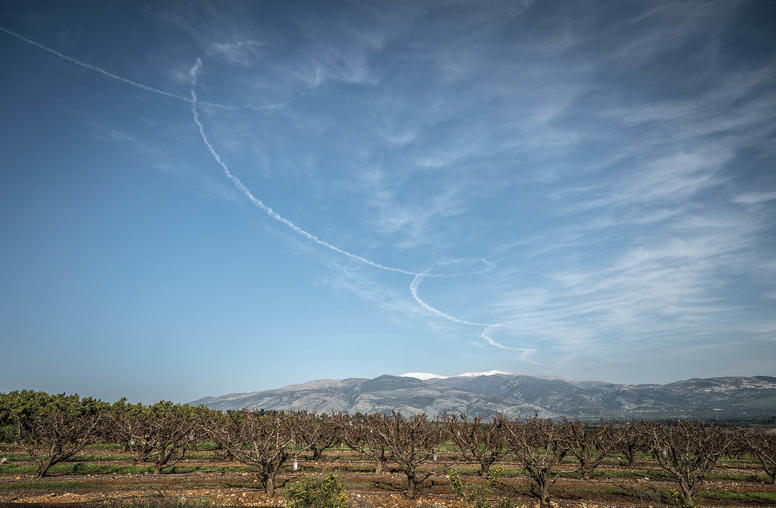"The Day After" Project
The Day After project brought together a group of Syrians representing a large spectrum of the Syrian opposition—including senior representatives of the Syrian National Council (SNC), members of the Local Coordination Committees in Syria (LCC), and unaffiliated opposition figures from inside Syria and the Diaspora representing all major political trends and components of Syrian society—to participate in an independent transition planning process.
August 28, 2012
The Day After project brought together a group of Syrians representing a large spectrum of the Syrian opposition—including senior representatives of the Syrian National Council (SNC), members of the Local Coordination Committees in Syria (LCC), and unaffiliated opposition figures from inside Syria and the Diaspora representing all major political trends and components of Syrian society—to participate in an independent transition planning process.
During the period from January to June 2012, this group of approximately 45 Syrian participants, supported by leading international experts in transition planning, convened six times to develop a shared vision of Syria’s democratic future, define goals and principles of a transition, and to prepare a detailed yet flexible transition planning document. Participants met in plenary as well as intensive working group sessions. While each of the six working groups focused on the specific challenges in the respective policy field, all of the groups were guided by a shared commitment to clearly defined goals and principles.
The project has been facilitated by the U.S. Institute of Peace (USIP) in partnership with the German Institute for International and Security Affairs (Stiftung Wissenschaft und Politik, SWP). In these efforts, Steven Heydemann, a senior advisor for Middle East initiatives at USIP; Rami Nakhla, a program specialist and director of the Syria Transition Support Network at USIP; Muriel Asseburg, a senior fellow in SWP’s Middle East and Africa Division; and Sakina Abushi, a researcher in the same division, have been key facilitators. Leading technical experts have provided input and supported the working groups’ deliberations: Vivienne O’Connor and Mark Shaw on the Rule of Law; Beatrice Pouligny and William A. Shabas on Transitional Justice; Robert Perito and Donald Planty on Security Sector Reform; Michèle Brandt and Jason Gluck on Constitution Making; Andrew Reynolds on Electoral Reform and the Formation of a Constitutional Assembly; and Graciana Del Castillo and Raymond Gilpin on Economic and Social Policy Reform.
Project participants have also contributed to other groups’ activities, such as the Working Group on Economic Recovery and Development co-chaired by Germany and the United Arab Emirates, and the group working on transition planning under the direction of the Arab League. A temporary office to be set up in Istanbul, the Syrian Transition Support Network, will oversee the implementation of recommendations made by project working groups in three key areas: security sector reform, transitional justice, and the rule of law.
- Download a PDF of the full report in English (1,205 KB) or Arabic (2,053 KB)
- Download a PDF of the summary (320 KB)
Participating Organizations
- The Day After Project
- German Institute for International and Security Affairs (Stiftung Wissenschaft und Politik, SWP)



